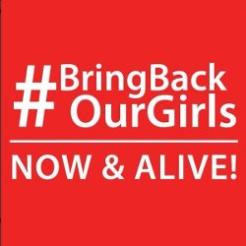Charity digital campaigns can be counterproductive and will need to change to keep the attention of those they’re seeking to influence, an audience of charity leaders heard this morning.
Dan Hodges, commentator for The Daily Telegraph, warned delegates at NPC’s debate on the future of campaigning that hashtags like #bringbackourgirls, focused on 300 schoolgirls taken hostage in Nigeria by terrorist group Boko Haram, were “counterproductive”.
“If you do a high profile campaign you have to make sure that you are successful,” he said.
Referring to the #bringbackourgirls campaign he explained that the terrorists who had taken the girls had potentially ended up pleased with the publicity, and that as a result of the hashtag “they see the world up to Michelle Obama talking about them”.
Esther Foreman, founding director of the Social Change Agency, warned that when it comes to influencing politicians e-campaigning needs to innovate to survive.
She said that politicians she had spoken to as part of her research on charity lobbying dismissed mass email campaigns which they didn’t feel had “come from real people” suggesting that campaigners could have bought lists.
“I think e-campaigns are kind of dead, but they are still here," she said. "The challenge now is to innovate. If we are not looking to the future then we are going to have the same debate in ten years’ time."
Amy Whitelock Gibbs, head of campaigns at the Children’s Society and a councillor in Tower Hamletts, compared e-campaigns to the postcard campaigns and added that politicians “had to realise that they have a responsibility to respond to emails from constituents”.
She advised charities that were more likely to rely to reply to individuals in their area raising charity’s campaign than emails directly from charities.
John Coventry, communications director UK and Europe at Change.org, argued that it doesn’t matter if some of people’s actions are shallow or tokenistic, so long as they engage with charity campaigners. He gave the example of people wearing Make Poverty History wristbands.
He said: “The best thing is that more people are engaging with issues online; it is down to us to keep them climbing the ladder of engagement.”









